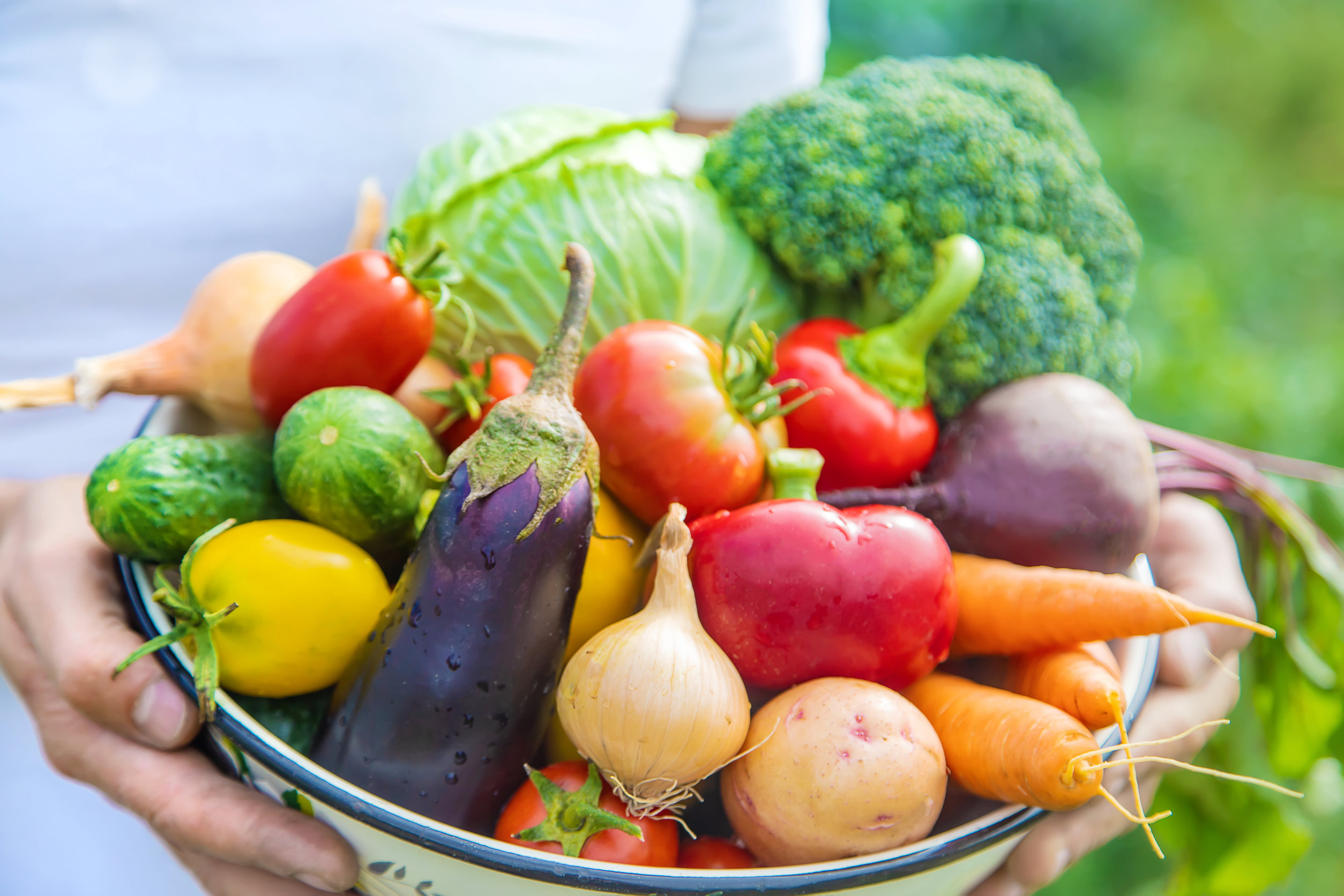
If you are passionate about gardening and you have some vegetable beds for carrots, cabbages, tomatoes, peppers or potatoes, you surely want them to thrive and you surely want them to grow strong without synthetic fertilizers. Fortunately, organic compost can ensure all that – here are some things to know about compost and its benefits for your home-grown veggies.
What Is Compost?
Compost is the material that results from composting, that is, from the process of collecting organic matter, typically organic household waste, such as grass clippings, vegetable peels, fruit rinds, eggshells and coffee grounds, and garden browns, such as dried leaves and twigs, and depositing the collected material in a way that promotes decomposition and fermentation. To promote fermentation, the material in your composting bin needs to be turned over regularly and adding water into the bin will also accelerate the process. Optionally, you can also cover the top of the compost bin with dark-colored foil or tarp to prevent drying and to contain the odor. The organic compost that you get at the end of the fermenting process is an excellent, all-natural fertilizer that can be used with any plant species and that can improve the quality of any soil.
How to Use Compost
Compost takes about a year to make, but applying it is much faster and much easier. All you need to do is to pick the right time for spreading the compost – a day in spring, before you roll your sleeves to perform the tilling of your soil, when the ground has already thawed and is not too wet anymore. For most purposes and for most types of soil, a compost layer that is 1-3 inches thick provides sufficient nutrients to ensure that your plants grow strong and beautiful and that your garden will yield spectacular, delicious produce.
The Benefits of Using Compost in Your Vegetable Garden
Compost is all-organic, therefore it is perfectly to use on your vegetables and will give you the peace of mind that you treat your vegetables with a fertilizer that will not add any harmful chemicals to them. Safety is not the only benefit of using compost, though – here are some more:
- Improved soil quality – your compost will not only add to the soil the nutrients that your plants need to thrive, it will also add fibers that can improve your soil’s ability to retain water as well as nutrients. After being added to your soil, compost encourages the proliferation of fungi and bacteria that are essential for having a soil rich in nutrients;
- Healthier soil and plants – compost is also known to strengthen the health of your soil and of your plants by suppressing the diseases that can affect them and by driving away harmful pests;
- The right amount of nutrients – while with synthetic fertilizers you run the risk of burning your plants by adding too much of your product, compost is a slow-release fertilizer that does not endanger the life of your plants by giving them too strong a treatment.
